
- Article
- Article
A history of twins in science
For thousands of years, twins have been a source of fascination in mythology, religion and the arts. Since the 19th century, they have also been the subject of scientific study and experimentation.

- Article
- Article
Booze and bad behaviour
Our love of alcohol is like a party that’s lasted nine centuries. But there are signs that the demon drink is losing its appeal.
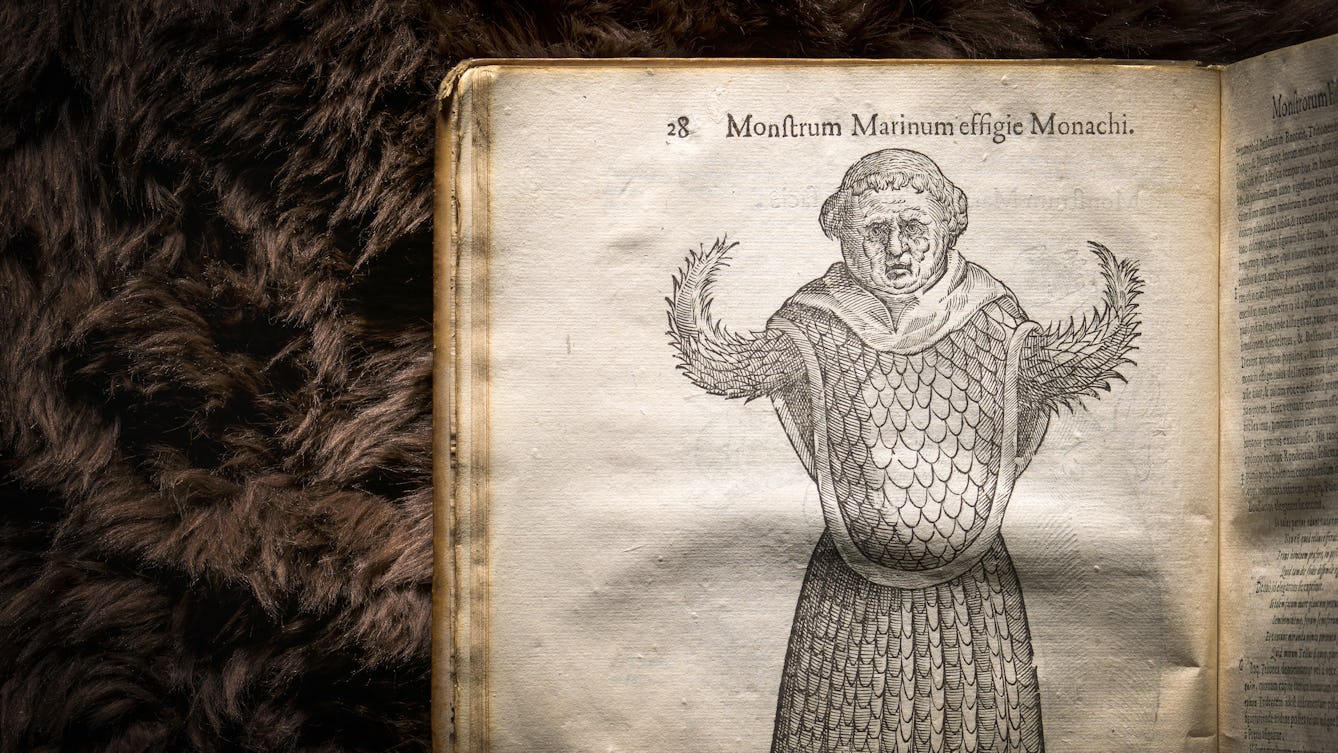
- Article
- Article
Fantastic beasts and unnatural history
Find out how a 17th-century compendium of the natural world came to present fantastical beasts –like dragons – as real, living creatures.
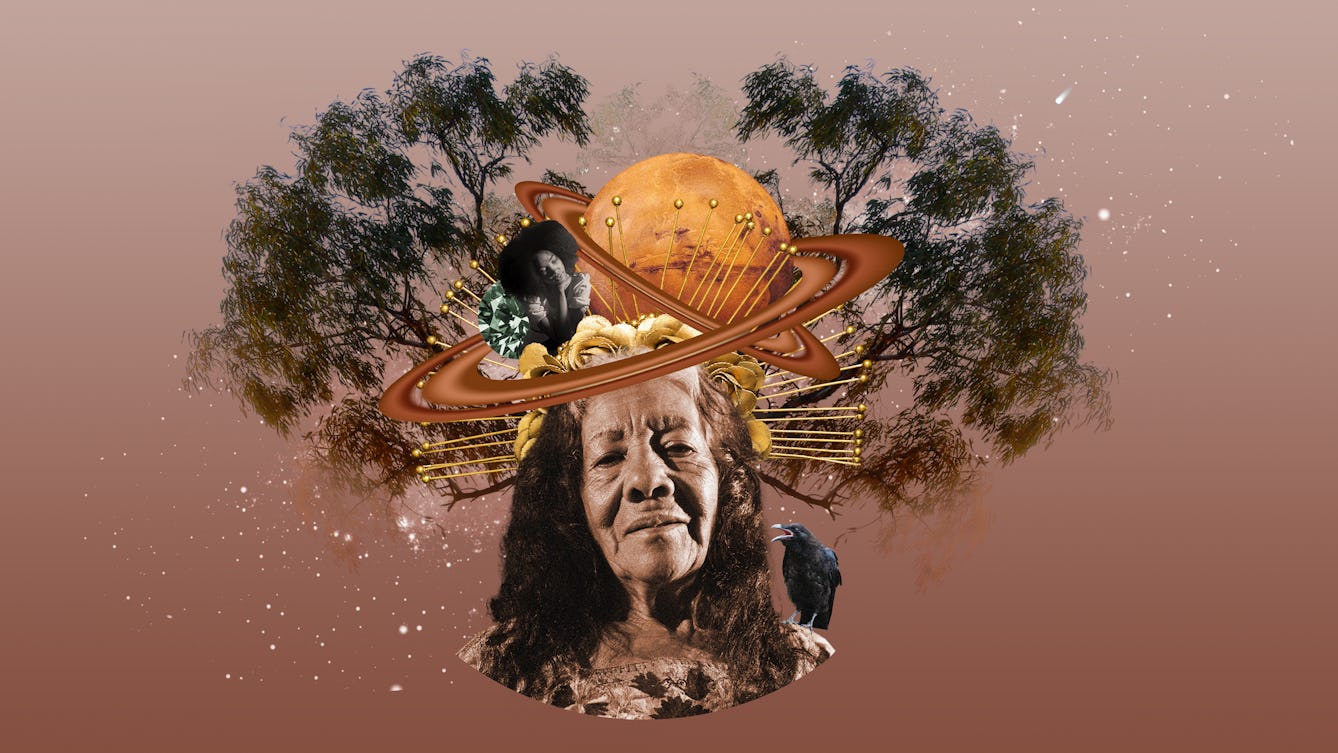
- Article
- Article
Crones
Menopause can be tough when nobody talks about it and all the stereotypes are negative, but it can also be transformative, marking the start of a new stage of life - cronehood.

- Article
- Article
Aphasia and drawing elephants
When Thomas Parkinson investigated the history of “speech science”, he discovered an unexpected link between empire, elephants and aphasia.

- Article
- Article
The ‘undesirable epileptic’
Abused in her marriage for being 'a sick woman', Aparna Nair looked to history to make sense of the response to her epilepsy. She discovered how centuries of fear and discrimination were often endorsed by science and legislation.

- Book extract
- Book extract
The 200-year search for normal people
Sarah Chaney poses the question we’ve likely all asked at some point in our lives: 'Am I normal?’, and explores whether normality even exists.
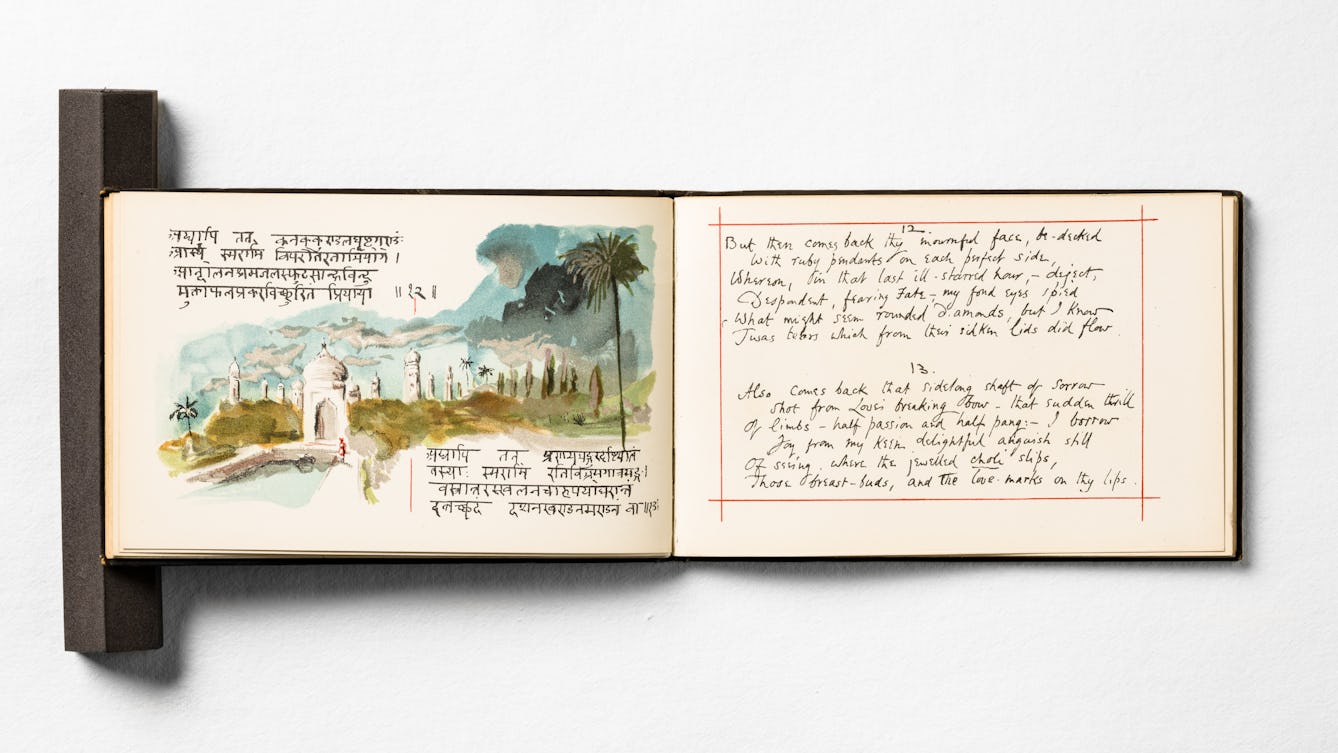
- Article
- Article
Lovesickness and ‘The Love Thief’
An 11th-century poem of love, lust and possibly gruesome death still resonates today.
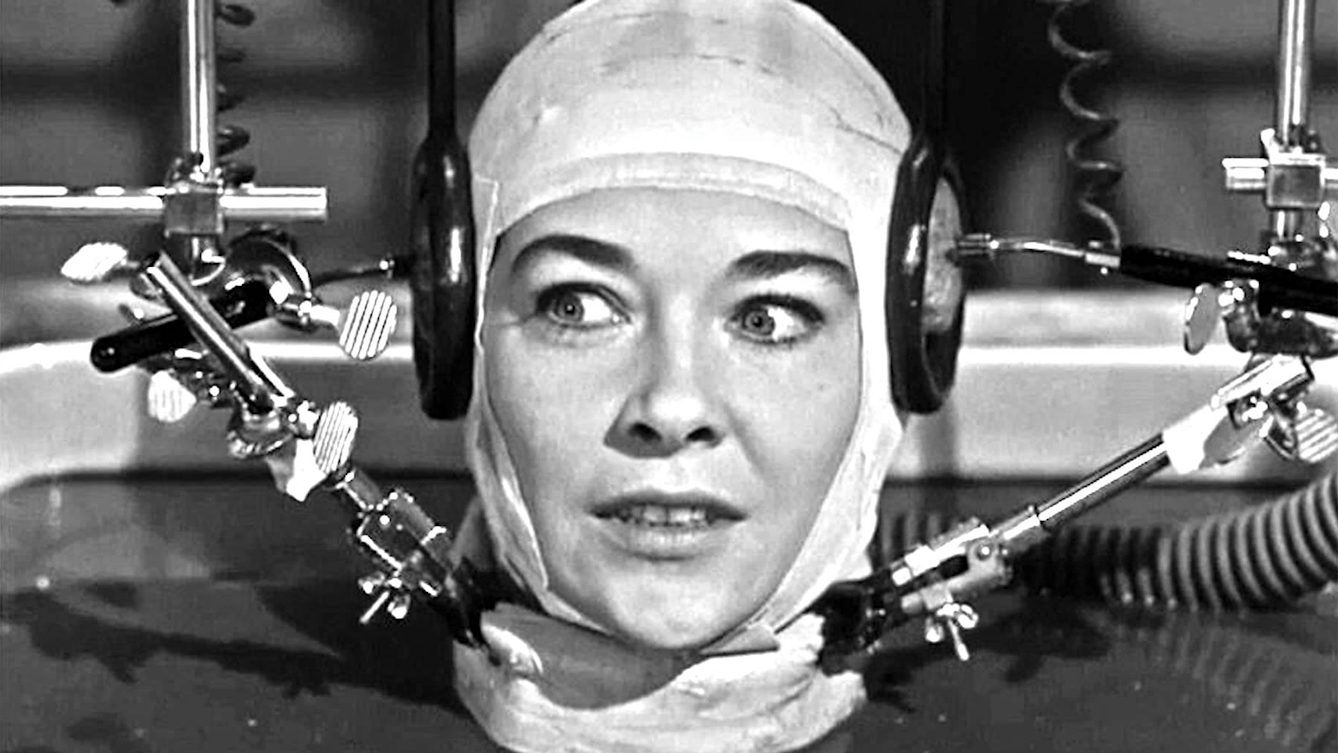
- Article
- Article
A head apart from the body
We look to the future of science via science fiction to explore how a head may live apart from its body.

- Article
- Article
The big freeze
In recent years we’ve come to realise that global heating is our biggest threat. But it’s hard to shake off the fear of a return to ice-age conditions, the predominant narrative since the late 17th century.

- Article
- Article
The secret lives of Britain’s first Black physicians
Dr Annabel Sowemimo explores the web of connections between early Black British doctors, the role of empire in West Africa and the pernicious reach of scientific racism.
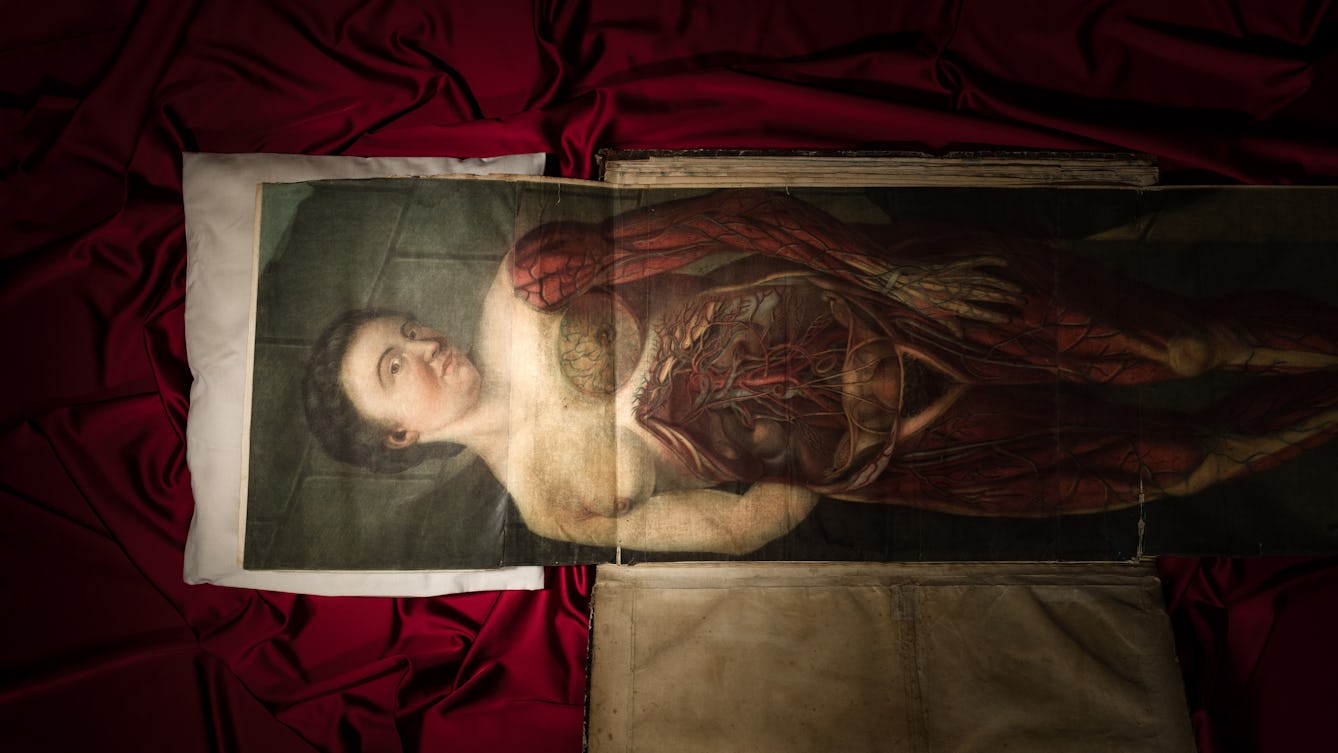
- Article
- Article
Printing the body
The 18th century saw multiple technical developments in both printing and medicine. Colourful collaborations ensued – to the benefit of growing ranks of medical students.
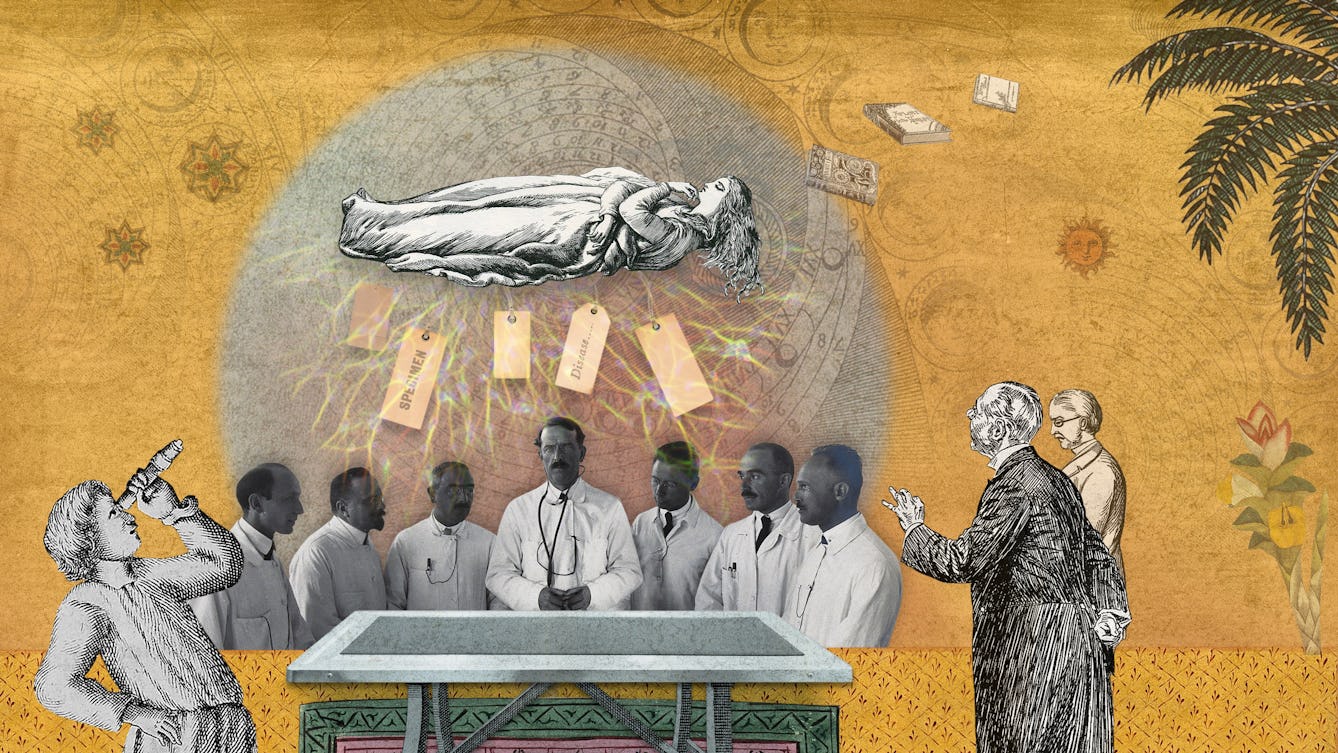
- Article
- Article
The epilepsy diagnosis
Epilepsy exists between the mind and body, something that Aparna Nair experienced for herself when she was diagnosed as a teenager.
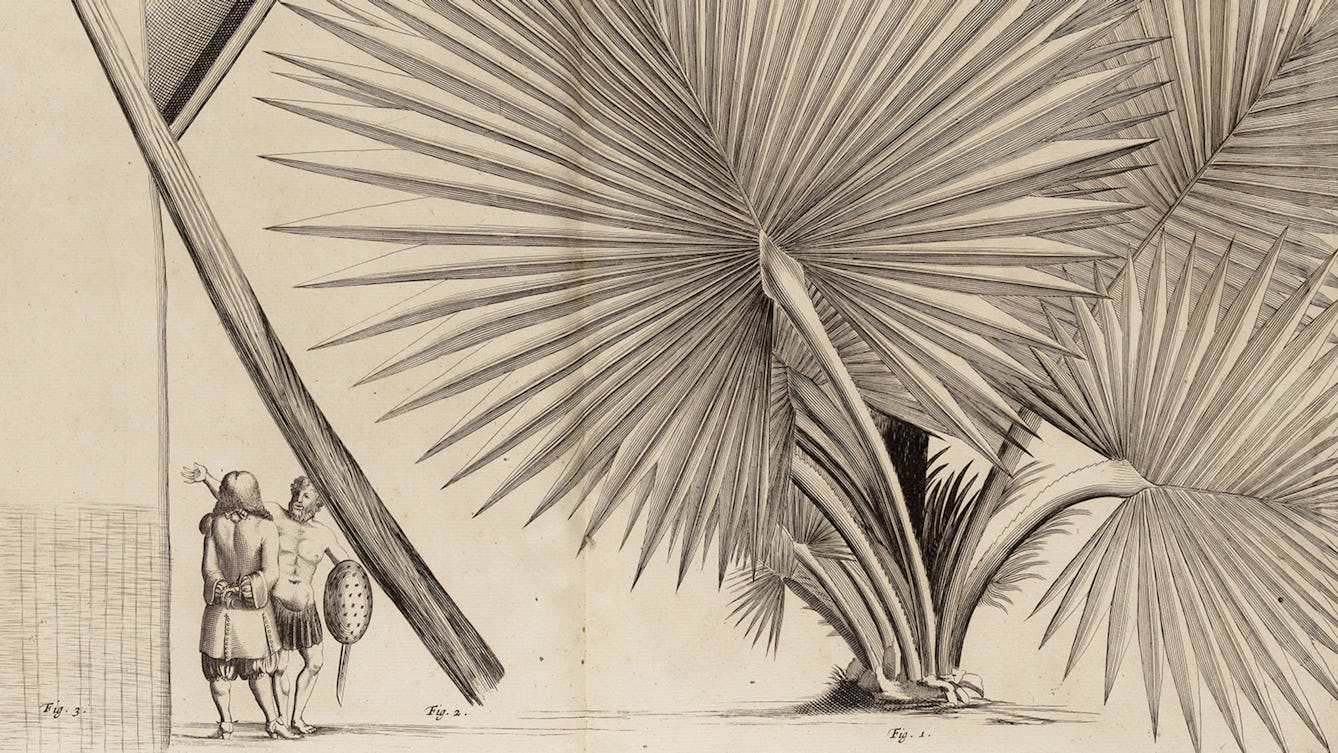
- Article
- Article
Indian botanicals and heritage wars
Colonial botanical texts, as astonishingly beautiful as they are, may cast very dark shadows.

- Article
- Article
Intelligence testing, race and eugenics
Specious ideas and assumptions about intelligence that were born during the great flourishing of eugenics well over 100 years ago still inform the British education system today, as Nazlin Bhimani reveals.
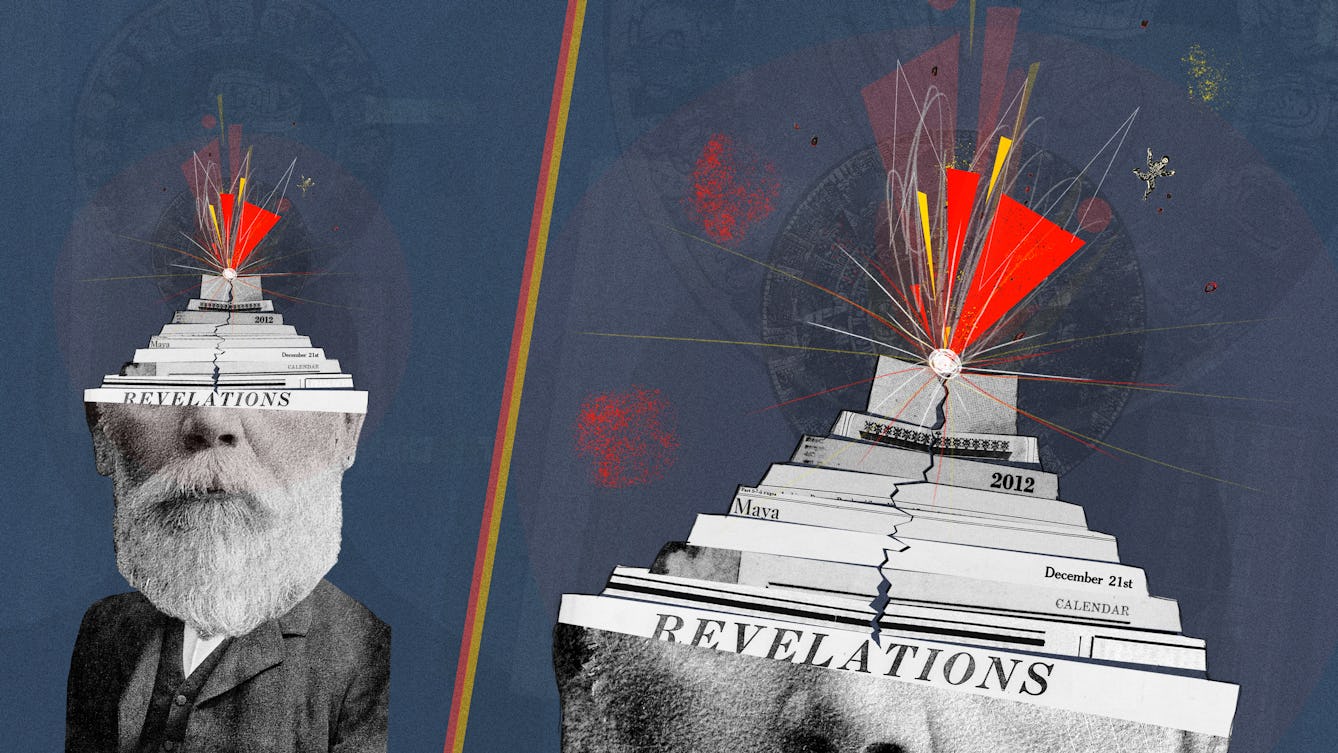
- Article
- Article
Deciding a date for the end of the world
When will the world end? Charlotte Sleigh explores how our obsession with dates and dramatic imaginings of the end can distract us from the dangers slowly creeping up on us.

- Article
- Article
Mask, ritual and fertility
Today many of us learn about fertility, conception and pregnancy online. But that wasn’t always the way. Discover how masks and rituals played an important educational role.

- Article
- Article
The birth of the public museum
The first public museums evolved from wealthy collectors’ cabinets of curiosities and were quickly recognised as useful vehicles for culture.
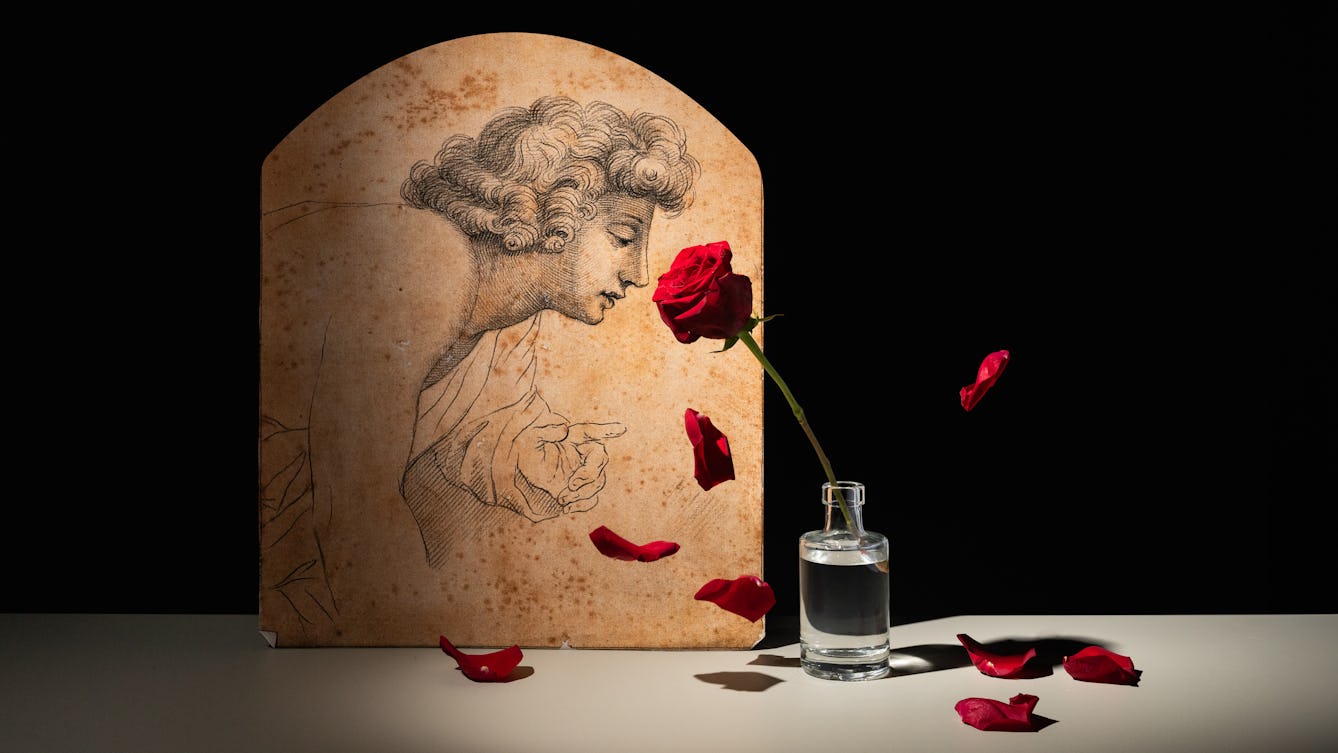
- Article
- Article
What the nose doesn’t know
Losing her sense of smell for over a year motivated Stephanie Howard-Smith to sniff out the history of treatments for this unsettling condition.

- Article
- Article
Does mass media pave the way to fascism?
In the aftermath of World War II, psychoanalysts found the psychological roots of authoritarianism closer to home than was comfortable.

- Article
- Article
Can isolation lead to manipulation?
Military-funded researchers wanted to know if isolation techniques could facilitate brainwashing. One neuroscientist suggested that it might improve our own control over our minds.
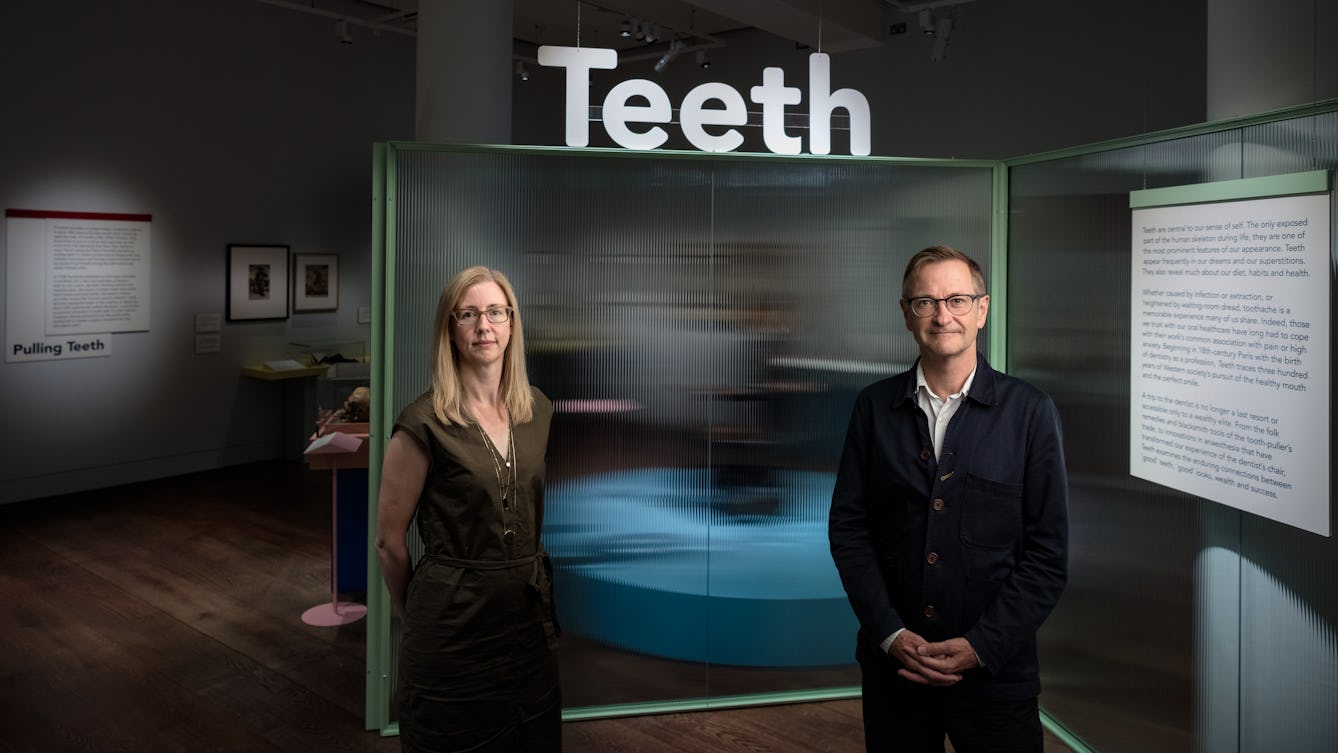
- Interview
- Interview
Inside the minds of Teeth’s two curators, James Peto and Emily Scott-Dearing
James Peto and Emily Scott-Dearing talk visceral reactions, their interactions and object extractions.

- Article
- Article
Going viral in the online anti-vaccine wars
‘Anti-vaxxers’ are taking their message online using powerful images as well as words. But is the pro campaigners’ response any better?

- Book extract
- Book extract
Ayurveda: Knowledge for long life
The story of medicine in India is rich and complex. Aarathi Prasad investigates how it came to be this way.
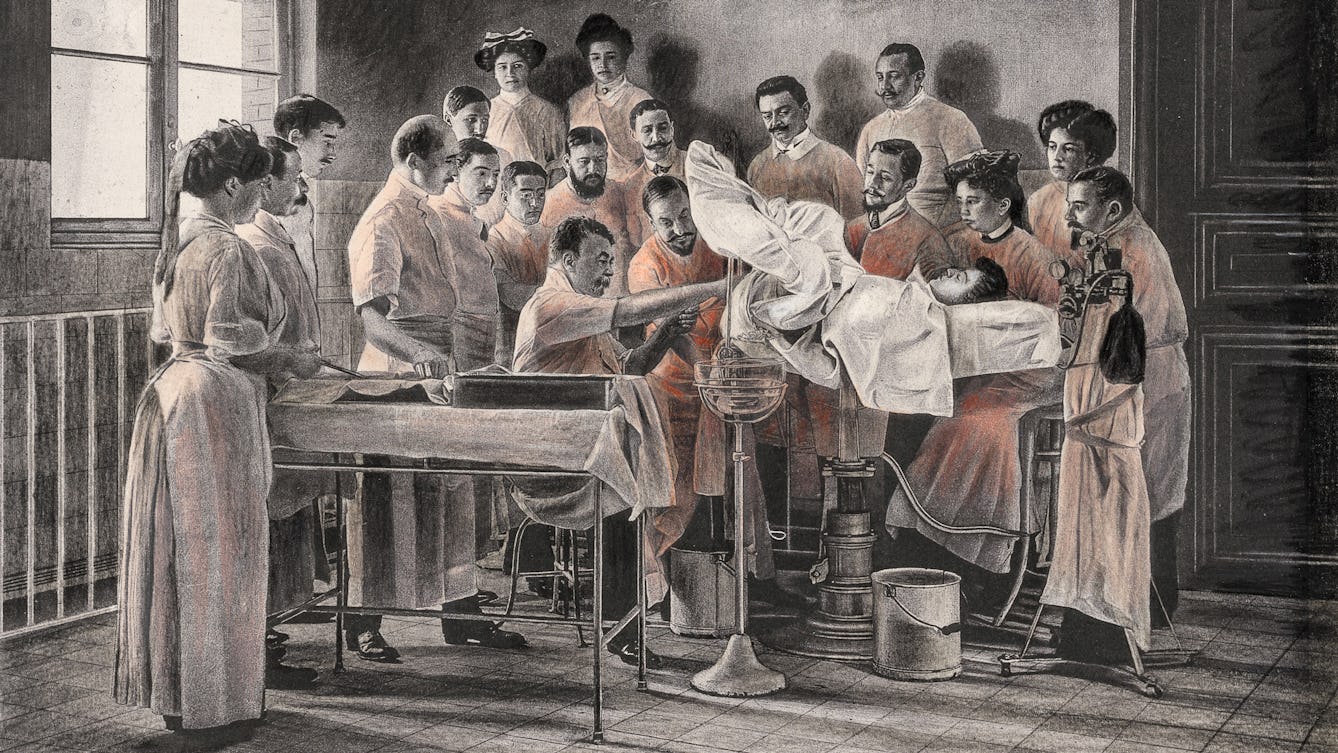
- Article
- Article
The search for a cure for endometriosis
Discover how a white American doctor’s experimental operations on black female slaves laid the foundations for modern gynaecological surgery.